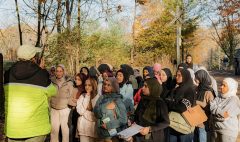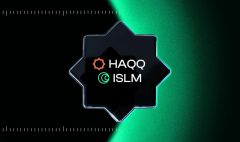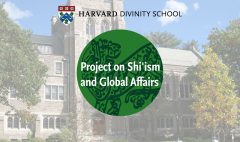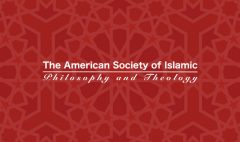ALTERUMMA Project
September 20, 2017 2024-03-06 11:39ALTERUMMA Project
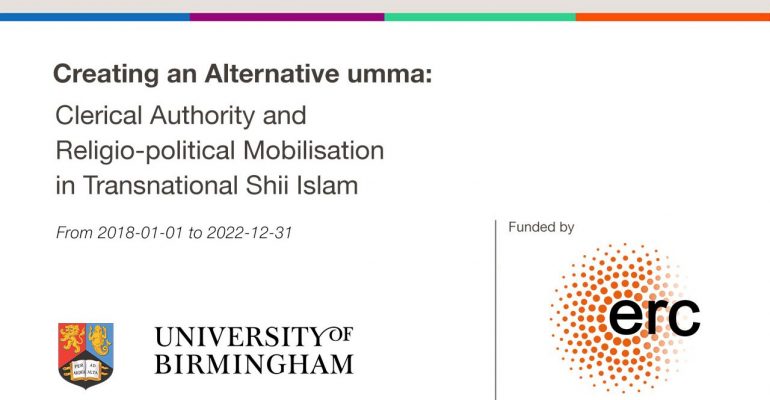
ALTERUMMA Project
Creating an Alternative umma: Clerical Authority and Religio-political Mobilisation in Transnational Shii Islam
Project Date: From 2018-01-01 to 2022-12-31
Coordinated in: United Kingdom
Host Institution: The University of Birmingham, UK
Activity type: Higher or Secondary Education Establishments
This interdisciplinary project investigates the transformation of Shii Islam in the Middle East and Europe since the 1950s. The project examines the formation of modern Shii communal identities and the role Shii clerical authorities and their transnational networks have played in their religio-political mobilization. The volatile situation post-Arab Spring, the rise of militant movements such as ISIS and the sectarianization of geopolitical conflicts in the Middle East have intensified efforts to forge distinct Shii communal identities and to conceive Shii Muslims as part of an alternative umma (Islamic community).
The project focusses on Iran, Iraq and significant but unexplored diasporic links to Syria, Kuwait and Britain. In response to the rise of modern nation-states in the Middle East, Shii clerical authorities resorted to a wide range of activities: (a) articulating intellectual responses to the ideologies underpinning modern Middle Eastern nation-states, (b) forming political parties and other platforms of socio-political activism and (c) using various forms of cultural production by systematizing and promoting Shii ritual practices and utilizing visual art, poetry and new media.
The project yields a perspectival shift on the factors that led to Shii communal mobilization by:
– Analyzing unacknowledged intellectual responses of Shii clerical authorities to the secular or sectarian ideologies of post-colonial nation-states and to the current sectarianization of geopolitics in the Middle East.
– Emphasizing the central role of diasporic networks in the Middle East and Europe in mobilizing Shii communities and in influencing discourses and agendas of clerical authorities based in Iraq and Iran.
– Exploring new modes of cultural production in the form of a modern Shii aesthetics articulated in ritual practices, visual art, poetry and new media and thus creating a more holistic narrative on Shii religio-political mobilization.
The project is Funded by European Research Council (ERC) under H2020-EU.1.1 program and is led by Professor Oliver Scharbrodt. The project begins in January 2018 and will in the course of its five-year duration include four post-doctoral researchers and three PhD students.
The European Research Council (ERC) is a public body for funding of scientific and technological research conducted within the European Union (EU). The ERC’s mission is to encourage the highest quality research in Europe through competitive funding and to support investigator-driven frontier research across all fields, on the basis of scientific excellence.
The ERC complements other funding activities in Europe such as those of the national research funding agencies, and is a flagship component of Horizon 2020, the European Union’s Research Framework Program for 2014 to 2020.
Being ‘investigator-driven’, or ‘bottom-up’, in nature, the ERC approach allows researchers to identify new opportunities and directions in any field of research, rather than being led by priorities set by politicians. This ensures that funds are channeled into new and promising areas of research with a greater degree of flexibility.
Source: Community Research and Development Information Service (CORDIS)



